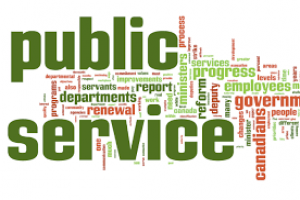Description
Date
1st Batch: 30th Jan – 1st Feb, 2025
2nd Batch: 8th – 10th May, 2025
3rd Batch: 28th – 30th July, 2025
4th Batch: 16th – 18th Oct 2025
Event Details
By the end of this course, delegates should (as a minimum) be able to:
- Explain the fundamentals of asset management and the role that Planners and other maintenance personnel have in ensuring assets are managed to maximise their potential through all the phases of their life cycles
- Apply a structured approach to planning activities so that they align with the asset and maintenance management framework of the organisation
- Apply the principles of maintenance budgeting and cost management to influence decision makers into investing in maintenance rather than using it as a lever to cut costs
- Identify the “next steps” in maintenance management for an organisation and how equipment reliability can be increased by applying some proven concepts and tools
COURSE CONTENT
What is Work Management?
- Asset and maintenance management
- The role of maintenance
- The role of work management
- A typical work management framework
- Exercise – Life Cycle Costing
Identifying Work
- Work identification
- Work screening
- Work prioritisation
- Exercise – Prioritising and Screening Work
Planning Work
- Planning
- Work packs
- Exercise – Work Planning
Scheduling Work
- Scheduling
- Standing Work Orders
- Backlog management
- Forwardlog management
- Materials and resource procurement
- Exercise – Maintenance Scheduling
Executing Work
- Performing work
- Exercise – Maintenance Role Play
Completing Work
- Recording work history
- Analysing work history
- Continuous improvement
FOR WHOM
Teachers, Lecturers, HOD, HOS, Educational planners, policy analysts, education statisticians and other professionals involved in educational planning at central or decentralized level.
TRAINING METHODOLOGY
The training methodology combines lectures, discussions, group exercises and illustrations. Participants will gain both theoretical and practical knowledge of the topics. The emphasis is on the practical application of the topics and as a result participant will go back to the workplace with both the ability and the confidence to apply the techniques learned to their duties.





